AI Tools SEO Tools Translation Tools AI in Digital Marketing, AI SEO, AI tools for SEO, AI-driven SEO tools, AI-powered content creation, digital marketing trends, future of SEO, keyword research with AI, Search Engine Optimization, SEO 2024, SEO Strategies, technical SEO, website optimization AiTrendLine
AI-Powered SEO: How to Optimize Your Website for 2024 and Beyond
Search Engine Optimization (SEO) has always been a critical element in digital marketing strategies. However, as we approach 2024, the integration of Artificial Intelligence (AI) is revolutionizing how websites are optimized. AI-powered SEO uses machine learning, natural language processing, and predictive analytics to enhance and automate various aspects of SEO. This post will delve into how AI can be leveraged to optimize your website for 2024 and beyond, providing insights into key tools, strategies, and future trends.
Understanding AI-Powered SEO and Its Importance in 2024
What is AI-Powered SEO?
AI-powered SEO refers to using artificial intelligence technologies, like machine learning and natural language processing, to improve search engine optimization efforts. Unlike traditional SEO, which relies heavily on manual processes and rules set by search engines, AI-driven SEO harnesses algorithms that can learn from vast amounts of data. This enables more precise targeting, better user experience, and higher-quality content creation.
With AI-powered tools, businesses can analyze search patterns, understand user intent, and predict future trends with high accuracy. This dynamic approach allows marketers to quickly adapt their strategies, optimize their websites faster, and maintain a competitive edge. For example, Google’s BERT and MUM updates leverage AI to understand search queries in more nuanced ways, which means SEO strategies must also adapt to focus more on context and semantics rather than just keywords.
Why AI-Powered SEO Matters in 2024
The digital landscape is becoming increasingly competitive, and traditional SEO strategies are no longer sufficient to stay ahead. AI-powered SEO is critical for 2024 because it offers a more efficient and effective approach to optimization. The benefits of AI in SEO include automation of repetitive tasks, deeper insights into user behavior, enhanced personalization, and quicker identification of growth opportunities.
AI helps businesses create more relevant and targeted content by analyzing search intent and behavior patterns. This is particularly important as search engines increasingly prioritize user experience and satisfaction in their ranking algorithms. Additionally, AI-driven SEO tools can handle large volumes of data much faster than human analysis, allowing for real-time optimization. The ability to anticipate and respond to algorithm changes also makes AI a valuable asset for long-term SEO strategies.


Key AI-Driven SEO Tools and Their Benefits
AI Tools for Keyword Research and Optimization
Keyword research remains the foundation of effective SEO, and AI tools are transforming how this is done. Traditional keyword research involves manually finding and analyzing keywords based on search volume, competition, and relevance. AI-powered tools like Clearscope, MarketMuse, and Surfer SEO automate this process by analyzing vast amounts of data to identify the most relevant keywords based on current search trends and user intent.
For instance, Clearscope uses AI to understand how search engines evaluate content relevance, suggesting keywords and phrases that can help content rank higher. It does this by analyzing top-ranking pages for a given keyword and identifying common themes, language, and structure. MarketMuse goes a step further by providing content briefs that suggest subtopics, word count, and relevant questions, all based on AI-driven insights. This level of precision helps marketers create content that is more likely to meet user needs and search engine criteria.
Content Creation and Optimization Using AI
Content creation and optimization are also being revolutionized by AI. Tools like Copy.ai and Jasper use GPT-3 and other natural language processing models to generate human-like text. This can significantly speed up content production, allowing marketers to create high-quality content at scale. AI can suggest topics, headlines, and even complete drafts based on SEO best practices.
Moreover, AI tools can optimize existing content by analyzing metrics like readability, keyword density, and user engagement. For example, Surfer SEO provides real-time feedback on how well a piece of content is optimized compared to top-ranking pages. It considers factors such as word count, keyword usage, and the inclusion of relevant questions and topics. This data-driven approach ensures that content is not only engaging for readers but also optimized for search engines.
AI in Technical SEO and Site Performance
Technical SEO involves optimizing a website’s backend structure to make it more accessible and indexable by search engines. AI-powered tools like Screaming Frog, Sitebulb, and Google’s AI-driven updates are enhancing technical SEO by providing deep insights into website health, site speed, and mobile optimization. These tools use machine learning to identify and prioritize technical issues, such as broken links, duplicate content, and slow-loading pages.
For example, Google’s Core Web Vitals are metrics that assess the loading performance, interactivity, and visual stability of a page. AI tools can continuously monitor these metrics and provide actionable insights for improvement. Additionally, AI can predict how changes to site architecture or content might impact SEO performance, enabling more strategic decision-making.
Best Practices for Leveraging AI in Your SEO Strategy
Combining Human Expertise with AI Insights
While AI offers immense benefits in SEO, it is most effective when combined with human expertise. AI can analyze data and provide recommendations, but human creativity is crucial for crafting compelling narratives and building brand identity. For instance, while AI can suggest keywords and topics, humans can ensure that the content aligns with the brand’s voice and resonates with the target audience.
A balanced approach involves using AI tools to handle data-heavy tasks, such as keyword research and technical audits, while allowing human experts to focus on strategy, creativity, and relationship-building. This synergy can lead to more effective SEO strategies that are both data-driven and human-centered.
Data-Driven Decisions: Using AI for Analytics and Reporting
AI is revolutionizing SEO analytics and reporting by making data more actionable. Tools like Google Analytics 4, SEMrush, and Ahrefs are integrating AI to provide predictive analytics, which helps marketers anticipate trends and make proactive decisions. Predictive analytics uses historical data to predict future outcomes, such as potential traffic spikes or drops, allowing businesses to adjust their SEO strategies accordingly.
AI-driven insights can also identify content gaps, optimize link-building strategies, and enhance local SEO efforts. For example, Ahrefs uses AI to analyze backlink profiles and suggest the most valuable link-building opportunities. By leveraging AI for analytics and reporting, businesses can stay ahead of the competition by making more informed, data-driven decisions.
The Future of AI-Powered SEO Beyond 2024
Emerging AI Technologies Impacting SEO
AI technologies like Natural Language Processing (NLP) and Generative Pre-trained Transformers (GPT-4) are setting new standards for SEO. These technologies enable search engines to understand the context and intent behind queries better, making it essential for content to be contextually relevant and semantically rich. AI advancements are also driving the growth of voice search, visual search, and AI chatbots, which are changing how users interact with content online.
Voice search, powered by AI, is becoming increasingly popular, and it requires a different SEO approach. For example, content optimized for voice search often includes more conversational phrases and answers to specific questions. Similarly, visual search, which allows users to search using images rather than text, is gaining traction. SEO strategies will need to evolve to accommodate these new search modalities, focusing on optimizing images and multimedia content for AI-driven search engines.


Preparing for AI-Driven Changes in SEO
As AI continues to evolve, SEO professionals must stay updated with the latest AI-driven changes. This involves continuous learning, attending industry conferences, participating in webinars, and subscribing to authoritative SEO blogs. Keeping abreast of Google’s AI-driven updates, such as BERT and MUM, is crucial for adapting strategies to meet new ranking criteria.
Moreover, businesses should invest in training their teams to understand and leverage AI tools effectively. The future of SEO will likely involve more integration between AI and other technologies like augmented reality (AR) and virtual reality (VR), making it essential for SEO professionals to be adaptable and forward-thinking.
Conclusion
AI-powered SEO is not just a trend but a fundamental shift in how digital marketing is conducted. By integrating AI tools and strategies, businesses can optimize their websites more effectively, create high-quality content that resonates with users, and stay ahead of the competition. As we move into 2024 and beyond, embracing AI in seo will be crucial for anyone looking to achieve sustained growth and success in the digital landscape. Start leveraging AI in your SEO strategy today to unlock new opportunities and stay ahead of the curve.

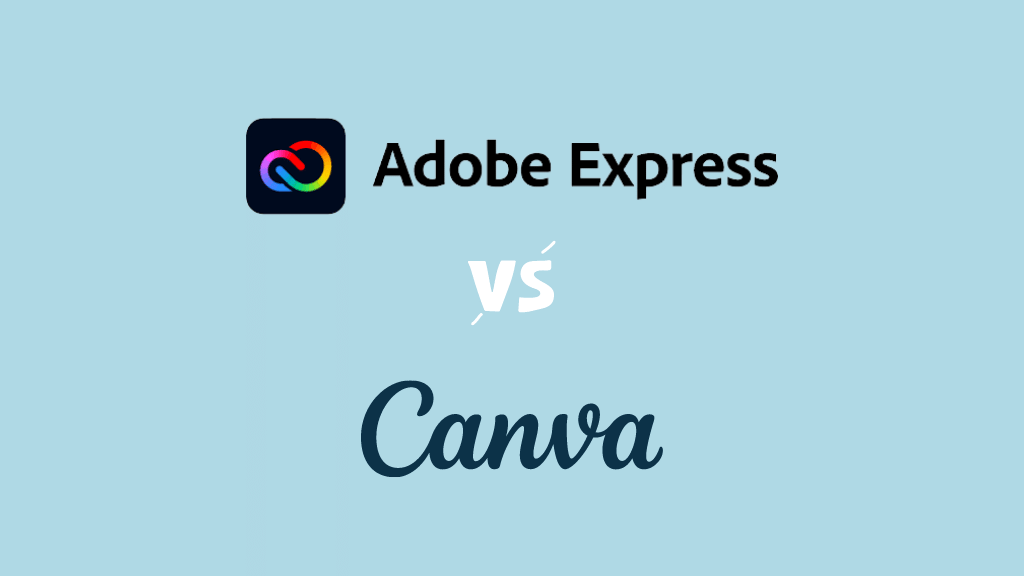
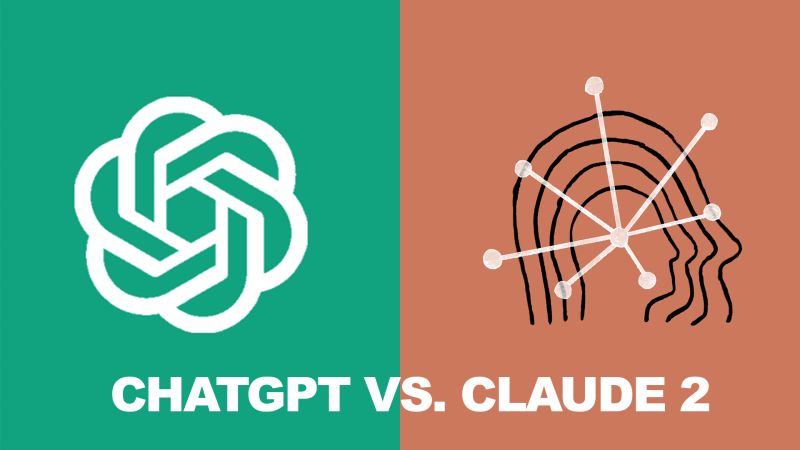
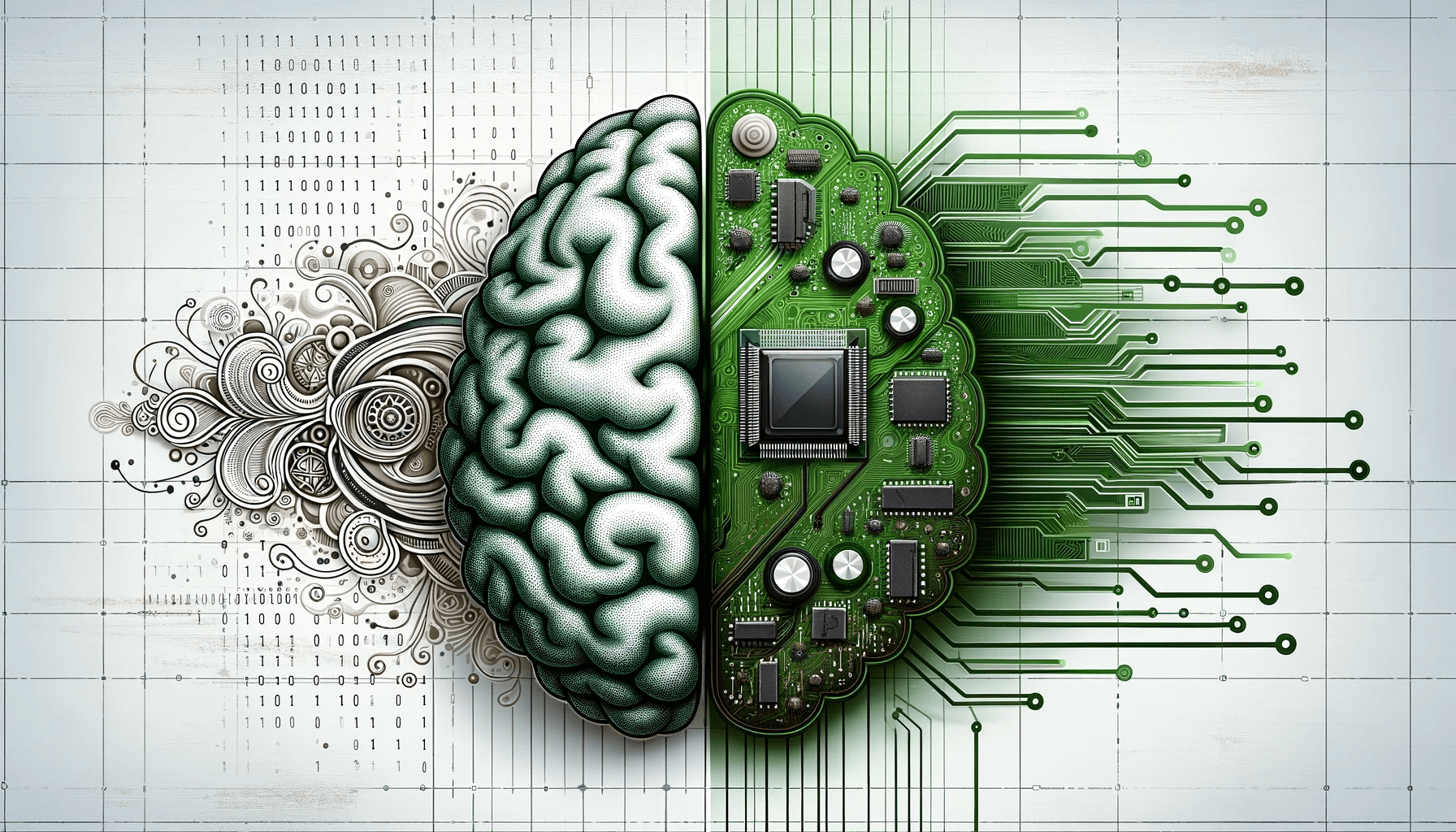


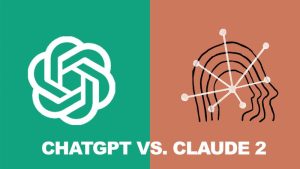


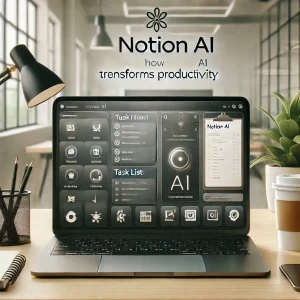

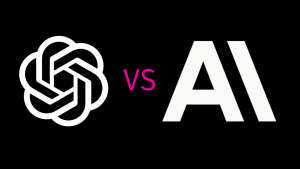
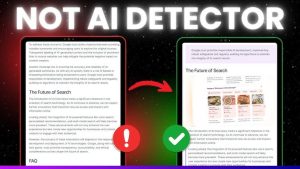
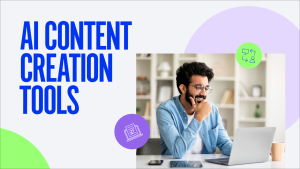
Post Comment